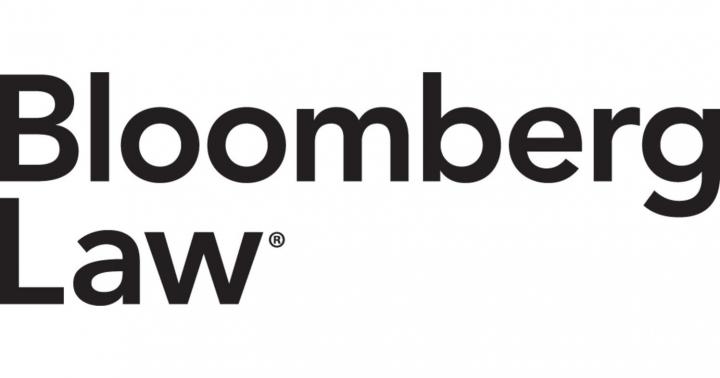NIH, CDC to See Funding Boosts in Stimulus Bill

NIH is slated to receive an additional $945 million to combat Covid-19 under the Senate’s economic relief package, bringing the agency’s total influx of coronavirus money to nearly $1.8 billion.
The Senate is aiming to vote Wednesday on the spending plan, after reaching a deal with the White House. It’s the third coronavirus response legislation, and if enacted, the $2 trillion package would mark the biggest economic rescue measure in U.S. history to bolster the economy and respond to the pandemic. The Centers for Disease Control and Prevention would receive an additional $4.3 billion, and the Food and Drug Administration would get $80 million.
“A crisis of this magnitude demands bold action and considerable resources,” Senate Appropriations Chairman Richard Shelby (R-Ala.) said in a statement.
The funding for the National Institutes of Health builds on the $836 million the agency received in the first coronavirus package (Pub. L. 116-123) enacted March 6, bringing the total to $1.78 billion. Congress directed the first round of funding specifically to the National Institute of Allergy and Infectious Diseases, with about $10 million going to the National Institute of Environmental Health Sciences for job training to prevent and reduce the risk of exposure to coronavirus.
The second round of funding potentially could be distributed more widely among the NIH’s 27 institutes and centers, such as the National Heart, Lung, and Blood Institute. According to a Senate Appropriations summary, the $945 million will go to “vaccine, therapeutic, and diagnostic research to increase our understanding of COVID-19, including underlying risks to cardiovascular and pulmonary conditions. When combined with the first supplemental, the Congress has provided $1.78 billion for NIH research.”
Meanwhile, the CDC’s $4.3 billion would go for public health preparedness and response efforts, including $1.5 billion in grants to states and local government. The money would also put $500 million in global health security and provide another $300 million to give the Department of Health and Human Services flexibility to respond to pandemic threats. Another $500 million would let state and local governments modernize their ability to conduct disease surveillance. That money builds on the $2.2 billion the CDC received in the first coronavirus bill.
NIH funding is likely to pass easily as the agency remains a favorite on Capitol Hill. Reps. Rosa DeLauro (D-Conn.) and Tom Cole (R-Okla.), chairman and ranking member of the Labor-HHS appropriation subcommittee, respectively, have indicated in CDC and NIH budget hearings that they’ll give both agencies whatever they need to respond to the epidemic. Cole has said several times the agencies shouldn’t be afraid to come back and ask for more funding to respond adequately.
Eleanor Dehoney, vice president of policy and advocacy for Research!America, which advocates for health research funding applauded the move.
“Our nation must fully empower federally funded research, coupled with private sector innovation, to defeat this virus,” Dehoney said. “Going forward, it will be critical to invest in sustaining and fostering the recovery of our nation’s research institutions so that U.S. scientific capability is strengthened, not dissipated, by COVID-19’s disruptive impact.”
To contact the reporter on this story:
To contact the editors responsible for this story:




